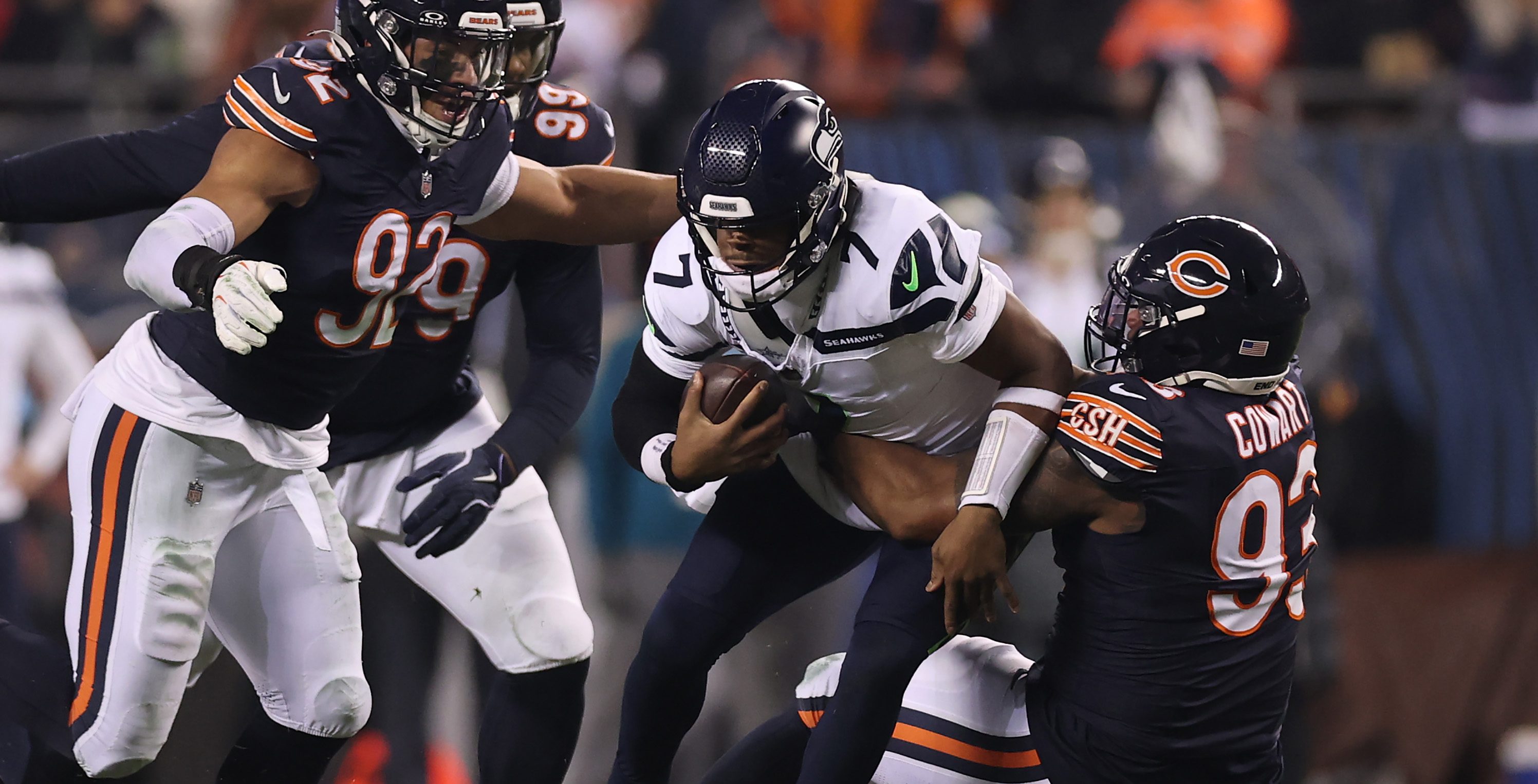As more people become eligible for Pfizer's COVID-19 booster shot, are there any side effects or risks associated with the next vaccine dose?
Among people who stand to benefit from a booster, there are few risks, the U.S. Centers for Disease Control and Prevention concluded.
Serious side effects from the first two Pfizer doses are exceedingly rare, including heart inflammation that sometimes occurs in younger men. Data from Israel, which has given nearly 3 million people — mostly 60 and older — a third Pfizer dose, has uncovered no red flags.
A small number of people have experienced a severe allergic reaction to the vaccine, like anaphylaxis, which would occur during the 15 to 30 minutes patients wait after the injection.
The CDC has noted that side effects with the third shot "were similar to that of the two-dose series."
Common side effects of the first two doses of the vaccine include:
- Swelling, redness and pain at the injection site
- Fever
- Headache
- Tiredness
- Muscle pain
- Chills
- Nausea
The most common symptoms for the booster shot include fatigue and pain at the injection site, but "most symptoms were mild to moderate," officials said.
Local
As with previous doses of the vaccine, the CDC notes that, "serious side effects are rare, but may occur."
Feeling out of the loop? We'll catch you up on the Chicago news you need to know. Sign up for the weekly> Chicago Catch-Up newsletter.
Under the CDC's endorsement, boosters should be offered to people 65 and older, nursing home residents and those ages 50 to 64 who have risky underlying health problems.
The FDA had already authorized booster doses for Americans who are 65 and older, younger adults with underlying health conditions and those in jobs that put them at high risk for COVID-19.
The extra dose would be given once they are at least six months past their last Pfizer shot. Those who received Moderna or Johnson & Johnson vaccines are not yet eligible.
For a full list of who qualifies and more information on the booster shots, click here.



